‘Starting with Baumana Street’: Kazan restaurateurs to be involved in the fight against ‘garbage tsunami’
The city is establishing food waste collection — at the Municipal unitary enterprise for the maintenance of green spaces in the city of Kazan (Gorvodzelenkhoz), the department of Nutrition, cafes and restaurants
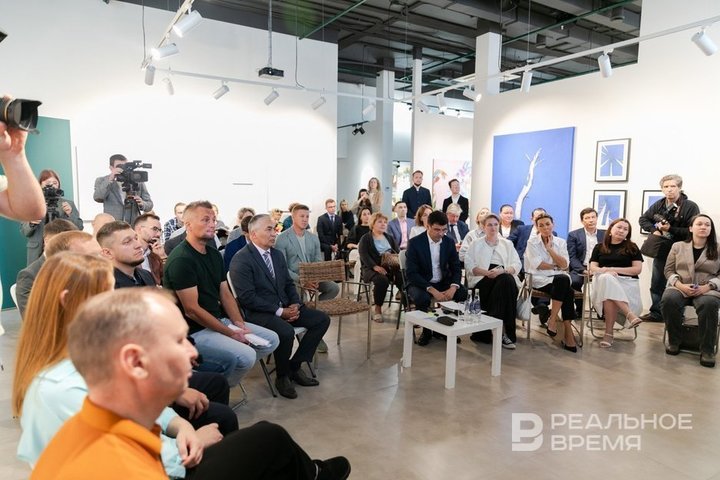
“We need to stop transporting food waste to landfills," Kazan Mayor Ilsur Metshin said at a meeting with businesses on 21 August, announcing the creation of organic waste collection points in the city with further processing into compost. The first site is going to appear on the basis of new greenhouses of the Gorvodzelenkhoz on Daurskaya Street, the points in Pestretsy and Verkhny Uslon are next in line. Mega has already acquired a composter for food waste, and they want to install the same ones for the needs of the Department of Nutrition, at schools, hospitals and in the city centre. “Starting from, for example, Baumana Street, where there are hundreds of cafes and restaurants," the mayor urged.
Сapacities of the Vostochny landfill in Kazan will be enough for 3 years
The Kazan authorities have been discussing the problem of waste collection, disposal and recycling for several years. At the meeting with the relevant businesses, they remembered how they started working a few years ago — without special knowledge, resources or funds:
“The path is thorny, difficult, it is impossible to achieve success immediately, and the numbers are terrifying. This garbage tsunami, which is coming to the country and Kazan as well, is directly related to the well-being of the city and the amount of garbage is growing. If in 2005 we collected 550-600 tonnes of garbage per day, it's scary to say, now 1,500 tonnes per day, on holidays it reaches 1,800 tonnes. Imagine four landfills — that's 900 hectares of land around Kazan — packed full. And the Vostochny landfill, which we are building with a design capacity of 1.6 million tonnes, will at best last for three years," Mayor Ilsur Metshin said.
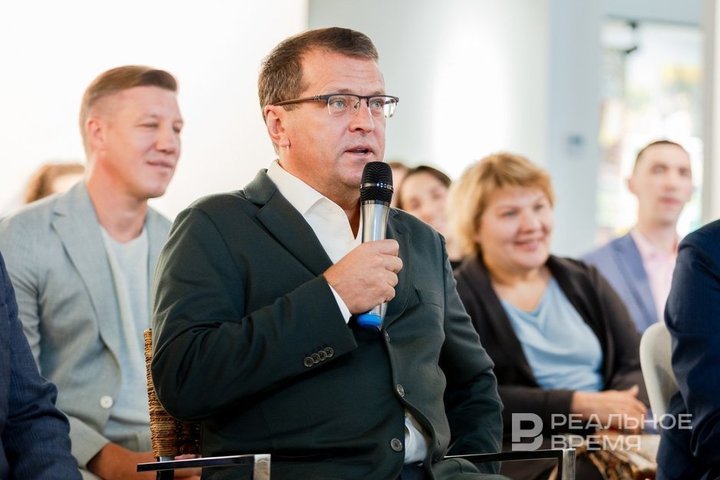
The new landfill in Kazan is planned to open at the end of September, the regional operator for MSW treatment in the western zone of the Republic of Tatarstan, director general of PZhKH management company, Evgeny Chekashov, said later. But since Vostochny will not solve the problem, the mayor sees the only solution to reduce the volume of garbage through reasonable consumption, sorting and recycling of waste. Several business projects in this area are currently being implemented, and the city has offered its support to their creators. So, since September, representatives of SMEs engaged in the field of MSW will be able to receive municipal subsidies for the development of activities. Payments in the amount of 1 to 2 million rubles are allocated in two directions — the purchase of equipment and the construction of places for collecting, sorting and processing recyclables.
Food waste collection points will be installed on Baumana Street
Business representatives spoke at the meeting, telling about their projects on waste collection and recycling. For example, Konstantin Maksimov, the head of Qullar, presented a business for the production of furniture made of recycled plastic. Small architectural forms of its production appeared in some parks and courtyards of Kazan. “We are trying to prove that it is possible to make beautiful, comfortable, interesting objects from recycled materials," the businessman said. As a support for the city, he asked for help with the purchase of waste recycling equipment.
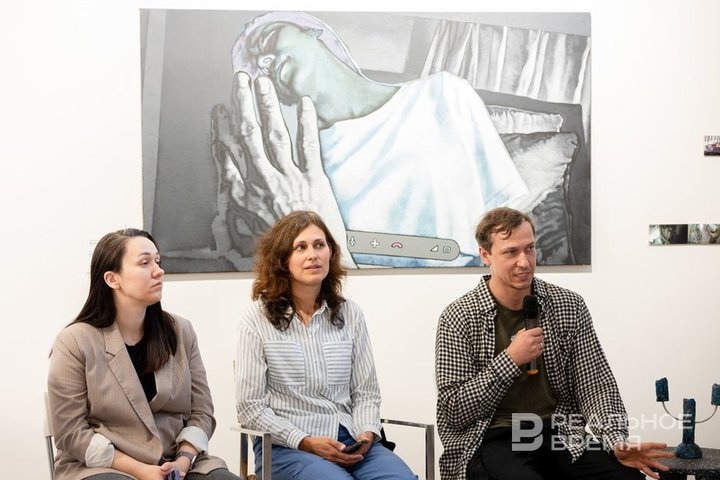
“We adopted the program at the session of the City Duma and we will support people like you 50-50," the mayor promised help on terms.
Ekaterina Karpukhina, the author of the eco-school for children Green Compass, co-founder of VerniVgrunt public project, presented her project — composters of food waste. According to her, the direction is actively developing all over the world, and it will help Kazan solve the problem of collecting and processing organic waste “directly where people live”:
“Our idea is yard composters, where residents of nearby houses can take their food waste and compost it. And the resulting product — compost — can be used for landscaping yards. This practice exists all over the world, in Europe and Switzerland.”
One of these composters is installed in Uritsky Park in order to teach Kazan residents to use it. The project impressed the city's leadership, according to various estimates, food waste accounts for up to 30% of the total amount of garbage in other Russian cities, and in Kazan the figure is 40%.
“We probably eat better in Kazan, so it is 40%. But the main problem is where to start, we need to stop transporting food waste to landfills and mixing it. The next meeting will be held specifically for the collection of food waste. We have the food department that feeds 300,000 Kazan residents in schools, kindergartens, and hospitals. Then there are large retail cafes and restaurants. Starting from, for example, Baumana Street, where there are hundreds of cafes and restaurants. The block — Profsoyuznaya, Bulak, Koltso, and Fairground. So that at least food waste is collected there. Moreover, there is a desire of business representatives. There are big rats running around [in dumpsters] and feeding," the mayor noted.
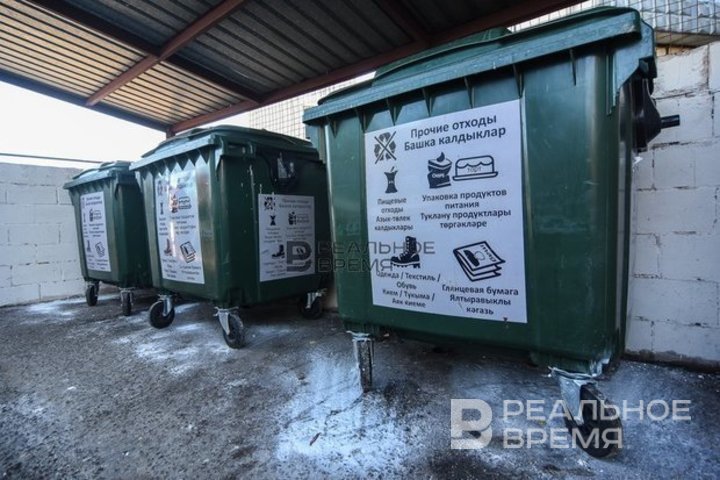
At the end of November, the municipal authorities promised to present a document for the introduction of a culture of sustainable development and ESG principles in Kazan: “We should have started this yesterday. At least let's start not mixing garbage and set ourselves tasks for the next year to extract so many percent of organic waste.” The first food waste collection point is to appear on the basis of the new greenhouse farm of the Gorvodzelenkhoz on Daurskaya Street, the second will be set up in Pestretsy, the third — in Verkhny Uslon.
Mobile collection points and the problem of battery recycling
Aliya Bagautdinova, the head of Ecoutilisation PLC, presented the project for processing industrial goods: “We recycle electronics, household appliances, in general, everything that is plugged into an outlet.” At first, the company faced the problem of waste collection, so it decided to create its own infrastructure, namely the installation of reception points in Kazan on the territory of shopping malls and in densely populated residential complexes. Today, there are 30 such pavilions, but the entrepreneur plans to increase their number to 80. The municipality promised to help with the allocation of sites.
Kazan residents can give a second life to unnecessary clothes and shoes by handing them over to Roman Pavlov's Blagodaria store. It will be distributed to those in need, and what remains will be recycled. The company produces knitwear, including gloves and mittens. Its management also hopes to increase the number of collection points in the city, and asked to allocate premises on a preferential lease.
“Maybe we should make some mobile points? For example, on the basis of KAMAZ, a fluorography van arrives in the village and gathers everyone. Maybe we should also send mobile points to the settlements? We have the same practice with vaccinating stray animals. Not everyone will go to the city centre, after all. Let's think about it, including working on the premises," Ilsur Metshin instructed.
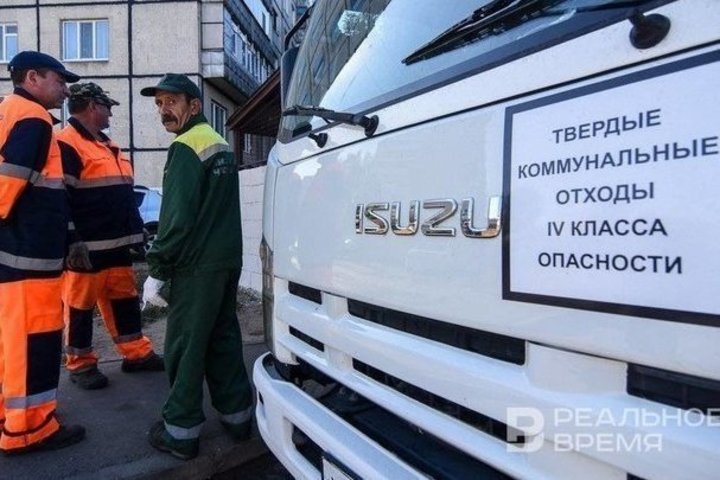
Dmitry Kuptsov, the head of the Fraction company, spoke about the activities of his company. How he started working in a garage, and then expanded the network of collection points and now accepts recyclables for 150 items. Recently, urns have been produced from recycled polystyrene. The businessman had difficulties with connecting to electricity, which they promised to eliminate. At the same time, to study the issue of placing containers for separate garbage collection at 200 schools in Kazan.
Activists of the youth movement “It will be clean” (Budet Chisto) told about educational and environmental work. It has more than 10,000 participants in 26 municipal districts of the republic. The key area is separate garbage collection.
The manager of the MEGA Kazan shopping centre, Liana Sirazetdinova, said that the regional division of the company has been sorting garbage for 16 years. Kazan residents are used to seeing containers for separate waste collection in the centre: “It surprises me very much when I see people coming to Mega with bags of waste that they have previously sorted at home. To date, the index of waste recycling from guests and tenants, and we have more than 100 tenants, is 40 tonnes per month.” Then the speaker returned to the topic of food composters. It has already been installed in the shopping centre and accepts about 17 million tonnes of waste a year: “We have reduced the volume of waste by 30-40%. The carbon footprint has been reduced by 10-12%. It doesn't seem to be much, but it's quite significant on a city scale.”
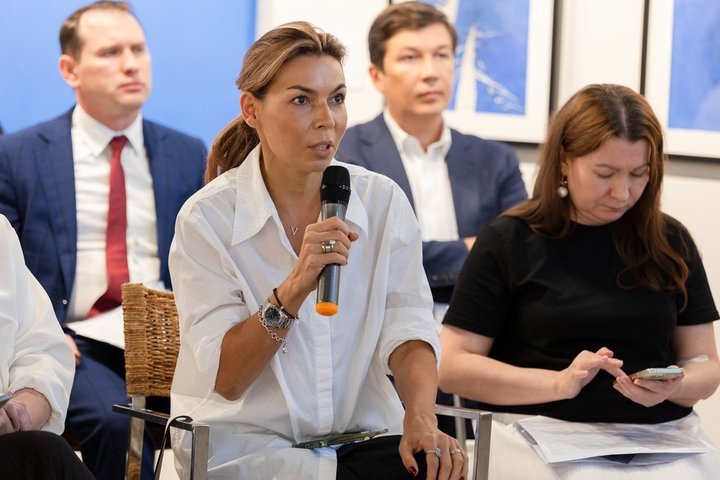
But there is also an unresolved problem — after IKEA withdrew, there has been no one to dispose of batteries and mercury lamps. Previously, they were taken to Chelyabinsk to a specialised factory. But now the problem is complicated by that starting from 2022, only a federal environmental operator can dispose of such waste of hazard class 1-2. And even those Kazan companies that could previously accept batteries and lamps are now forced to refuse customers. The mayor's office promised to think about how to solve the issue with the help of State Duma deputies:
“Laws are drafted by people, not all of them are perfect. That is why we are here, to hear each other, to make timely changes so that these issues can be resolved.”
The last speaker was the CEO of the PZhKH management company. Evgeny Chekashov said that today sorting in Kazan reaches about 8-10%. He told about the work of the recycling collection point on Vasilchenko Street: “If in January about 2 tonnes of sorted waste were collected, now in July we have already collected a little more than 10 tonnes from active citizens — this is 39 fractions.” Another point is going to appear soon — on Pobedy Prospekt. In addition, he cited the timing of the opening of Vostochny:
“At the end of September, we plan to close the landfill on Khimicheskaya Street and open the Vostochny landfill. The archive of garbage that we have laid in the city today is a huge figure. We know everything about garbage, 260,000 tonnes of food waste is generated by Kazan. Kazan could provide a small country on the African continent.”
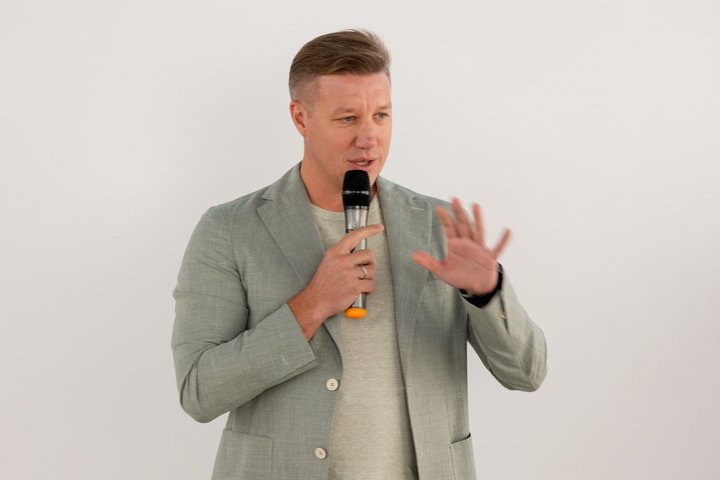
“Chekashov needs to be a candidate for the presidency of an African country, and from United Russia," joked the mayor, focusing on the enormous amounts of food waste in the city.
In conclusion, Ilsur Metshin called for working together on the problem and looking for optimal solutions.